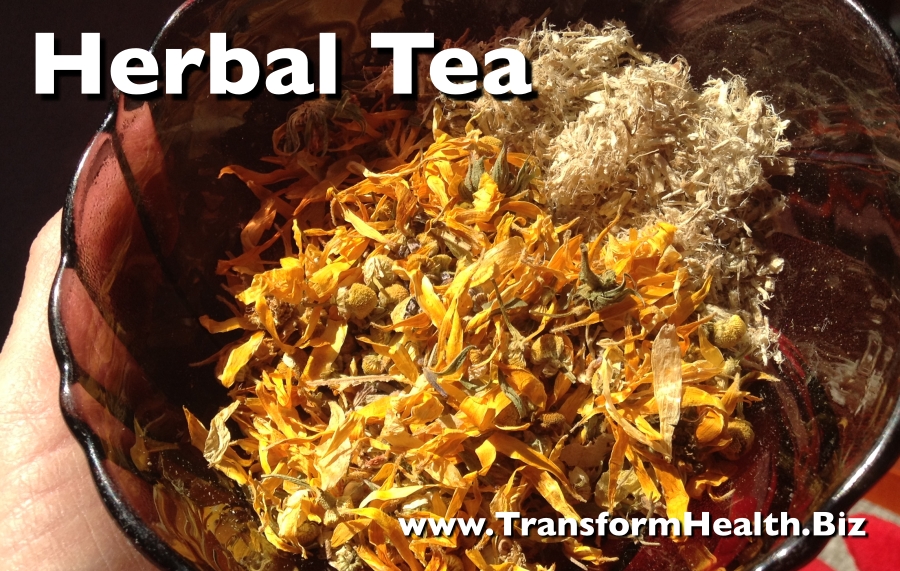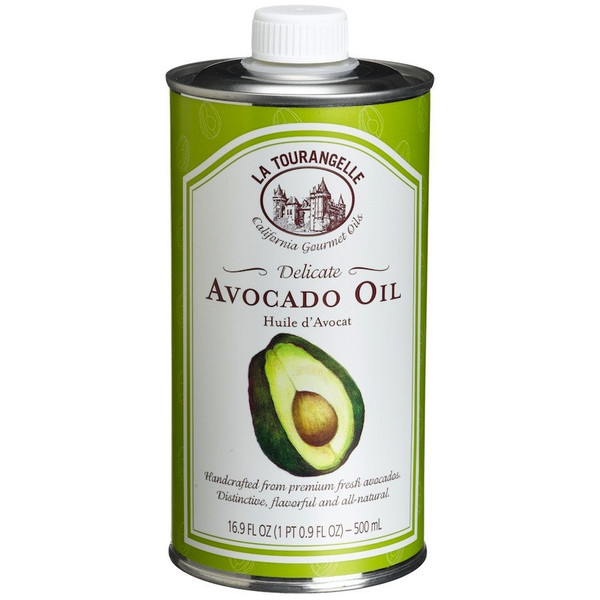Is It Weird to Use Herbs for Health Issues?
When I tell people I work with herbs, I keep waiting for an eye roll or a laugh. And when you meet me, you’ll see that although naturally-focused, I don’t really fit in the hippie model (well, except for my mom who wore the wooden Dr. Scholl’s shoes!). I’m pretty down to earth and want evidence that things work. I went to school to mainly study nutrition, and came away healthy, and with a great herbal toolbox, as well. Bonus!

The cool part about using herbal medicine is that it’s pretty cheap, easy, and forgiving in the body. If you have a friend that’s constipated, the mom or grandmother nearby would suggest eating some prunes with water. If you have a headache, first try drinking a cup of water. And using herbal medicine feels like an extension of these first options to try.
Why Reach for the Big Guns of Big Pharma First?

With colds, I would first try chamomile tea with ginger and honey, or yarrow tea by itself, and sending the person to early bed. I would ask them to stop eating all sugar. But there are literally 15-20 herbs that I could name off the top of my head that would also work against a cold, and many more to look up. (hint – many of our kitchen herbs are there for a reason!! They already made the cut historically, so to speak.)
For a flu, I would offer lemon balm tea* with lemon and/or honey, or some elderberry syrup. But I could mix up a tea with 4 or 5 things that would all have the same desired actions. We can focus herbal mixes with the same “actions.”

My herbal education focused on how to combine herbs together to meet the individual’s needs, sometimes combing several herbs together to enhance the effect needed. Foods have qualities like warm/hot/cold, and so do herbs. People can feel that hot peppers, garlic and ginger are warming or even hot. I’ve learned to change the temperature of my herbal mixtures in order to either make them neutral when appropriate (to not change a person’s body temperature), or improve someone’s temperature if it is too warm or too cold.
Herbs may help the body heal itself through the removal of anything that’s blocking health. This may mean adding vitamins, tightening, moistening, focusing herbs on body systems, and more.

Herbal Safety:
Herbals have a (usually) slower action than Western pharmaceuticals, usually with less or no side effects (but not always).
But my education made me realize that not all herbs can be safe with every person, especially if that person is already on medications. There are several herbs that interfere directly with medications (St. John’s Wort is a perfect example). For some people, using herbs internally just isn’t a good idea. [In that case, there are often plenty of nutritional and lifestyle things to try.]

Another herb has a positive effect on gut bacteria, but its also bitter, cold and drying. It would be a poor idea to use this herb by itself in someone who is already cold and dry, like someone dealing with constipation. The first herb can be modified by adding warming and moist herbs to the mixture, to change its effect on the body.
Although there are strong “low-dose” herbs that are potentially toxic, I don’t use those. There is simply no need. There are so many safe herb choices.

The Wrong Way to Use Herbs
We also have to beware of using herbs in an incorrect way – treating the symptoms, not the true problem. Let’s assume that someone has GERD (Gastroesophageal Reflux Disease) from eating spaghetti sauce. The person could use aloe vera and other herbs like mastic gum to help soothe the esophagus. “Great!” the person thinks, “I’ll do that.” But the person keeps taking it…over days, weeks, months… Is it healthy to keep eating that irritating spaghetti sauce, while splashing acid on the esophagus several times a month for two years? No –

Migraines are often treated with pain killers like over-the-counter NSAID’s. (These have a bad effect on the liver.) Herbs could be used in the same way – just to repeatedly kill pain. However, it would be better to look at what possible lifestyle factors could be causing repeated migraines. (Food intolerances may play a huge role here! No sleep, too much caffeine – There is often a reason.)

If you enjoyed this info about using herbal medicine at home, please Share it with your friends, using the social media buttons below. Let me know in the Comments below.
Want to sign up for our newsletter? Includes healthy recipes, nutrition and herbalism tips, and more. It’s free, and once a month. Just click here to sign up in 10 seconds.
And check out my online course, Raising Your Immunity Through Herbs, Nutrition and Lifestyle Methods. Thanks!
**Gentle lemon balm is often used with kids who have flu’s. However, it can affect blood pressure, so beware of this in seniors, especially, or anyone on heart or blood pressure medications.



